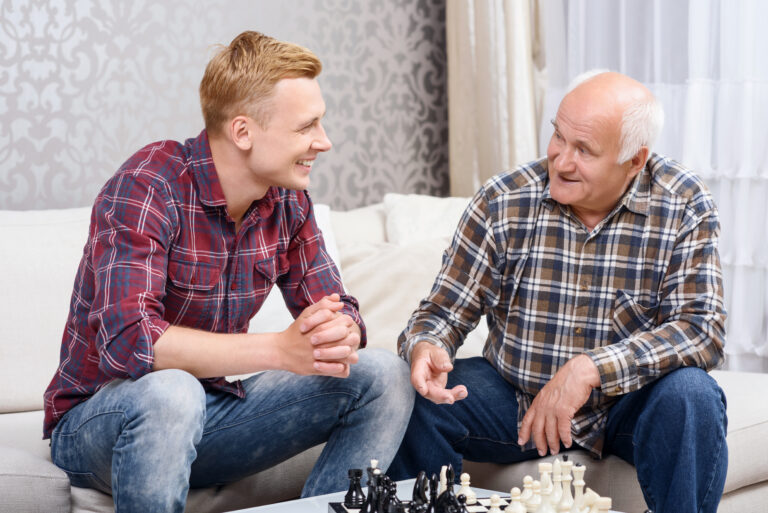Building a relationship with your aging body is about more than just managing physical changes—it’s about embracing who you are now and nurturing yourself with kindness and respect. As we grow older, our bodies naturally change, but how we respond to those changes can make all the difference in our quality of life.
Start by tuning into your body’s signals. Notice what feels good and what doesn’t. This means paying attention to aches, fatigue, or stiffness without judgment. Instead of fighting these sensations or feeling frustrated by them, try to understand what they might be telling you. Your body is communicating its needs—maybe it wants more rest, gentler movement, or better nutrition.
Movement plays a key role in building this connection. You don’t need intense workouts; simple activities like walking around the block, gentle stretching, chair yoga, or even dancing to your favorite song can help keep your muscles strong and joints flexible while lifting your mood. The goal isn’t perfection but celebration—celebrating what your body can do today rather than focusing on limitations.
Sleep is another pillar of this relationship. Aging often brings changes in sleep patterns that can feel disruptive or frustrating. Creating a calming bedtime routine and prioritizing restful sleep helps repair both mind and body so you wake up feeling refreshed rather than worn out.
Managing stress also supports this bond with yourself as you age. Mindfulness practices such as meditation or deep breathing exercises calm the nervous system and reduce anxiety about aging itself or health concerns that may arise.
Nutrition matters too—not just for physical health but for how connected you feel inside your own skin each day. Eating plenty of plant-based foods rich in vitamins and antioxidants nourishes cells deeply while supporting energy levels.
Beyond physical care lies emotional acceptance: embracing the reality of aging without fear or shame opens space for peace within yourself. This acceptance grows stronger when surrounded by meaningful relationships—friends who uplift you—and when engaging in activities that give life purpose whether it’s volunteering, mentoring loved ones, creative hobbies, spiritual practices—or simply being someone others rely on.
Finally, build trust with healthcare providers who understand the unique needs of older adults so they become partners in maintaining wellness rather than sources of anxiety.
In essence: listen closely to your body’s whispers; move joyfully; rest well; eat nourishing foods; manage stress gently; accept change gracefully; nurture connections warmly—and watch how these steps deepen not only care for an aging body but also appreciation for all it has carried through life’s journey so far.





